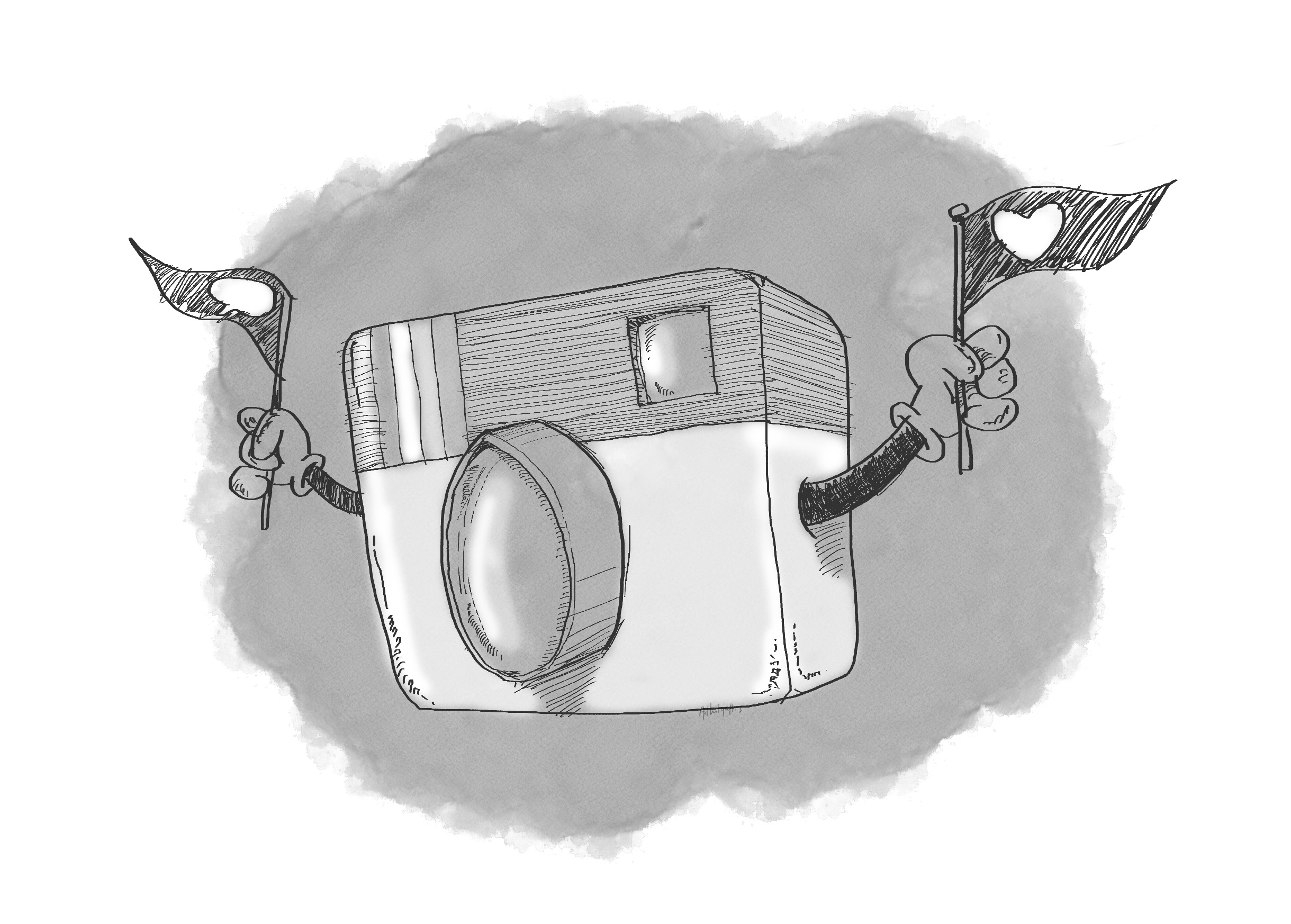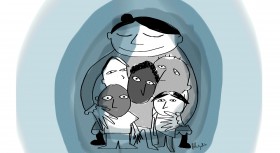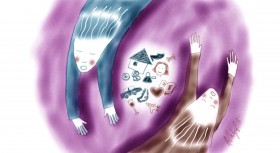I have been taking myself off of social media, especially Instagram and Twitter, for almost two weeks now. The decision came abruptly, after a realization that I have been gluing my thumb to the screen practically 24/7, and that led me to the abyss of comparison and self-depreciation. One of my closest friends suggested that I took a break from Instagram and Twitter, and so I did.
My absence from Instagram and Twitter had made me think and reflect on my usage of the social media platforms and the impact they had had on my personal life and happiness in general. Being a nerd, I could not help but connect my experience with the concepts I had learned in class. Many scholars had conducted researches on how gender is constructed, rather than biologically given.
I want to take this assumption further and say that there is a constant process of construction and deconstruction on our view of what it means to be a certain gender (in this case, a woman) that is currently happening in the social media fora. This process of interaction is manifested in the form of perpetual bragging endorsed by social media platforms, such as Instagram.
The visual nature of Instagram, too, had helped specify the previously “abstract” nature of mere language. Before Instagram, the word “success” and “happiness” entailed many things: having a good grade is successful, a great hair day can make you happy, being surrounded by kittens while snuggling with a cardboard cutout of Tom Hiddleston on a Sunday morning while binge-watching House of Cards? You are winning in life.
With Instagram and the omnipresent #blessed hashtags, though, that cardboard cutout Hiddleston could pose a pathetic rather than self-fulfilling tone. On breaks after Kevin Spacey killing Zoe on the subway (oops, spoiler), you open Instagram and you see that Jessica from Math Class is having the time of her life with his boyfriend, Bob, in Bali. Kate is posting a picture of her smiling widely with animals she rescued, and Alice is posting her latest modeling gig.
All this parade of façade had left me questioning myself with all the “whys”. Why am I here, binge-watching House of Cards with a cardboard cutout while Jessica and Bob are vacationing in Bali? Why doesn’t my boyfriend take me vacationing in Bali, or post a picture of me with a heartfelt and cute quotes with it? I look at the pool of snacks I had accumulated under my skin and think: “Oh I would never be as skinny as Alice! Why bother trying?” or “I don’t have time to be as altruistic as Kate. Besides, I hate puppies. Oh, my, I am a horrible person.”
These narratives eventually help the process of constructing and deconstructing what it means to be a successful, fulfilled, and happy woman. In my case, though, it affects the way I see myself: I didn’t get to experience a life as rich as Jessica’s, Kate’s, and Alice’s because I less deserved it. And that led me to think that I am less of a woman for having experienced so.
Feeling less of a woman, feeling less than others has made me lead a very unhappy and unfulfilling life, and yet, somehow, I am addicted to it. The constant tendencies of comparing ourselves to the existing narratives that we know, in order to feel like we belong to a certain category, is exactly the reason I left the platform for good… at least for the time being.
Arumdriya Murwani is a student of International Relations in Universitas Gadjah Mada. She enjoys reading, lounging, and (over)analyzing things that are going on around her. Extremely small in size, she believes she can die happy if Tom Hiddleston notices her. Loves drama only if it does not revolve around her. Her writings and pictures can be found in tenterem.wordpress.com.







Comments